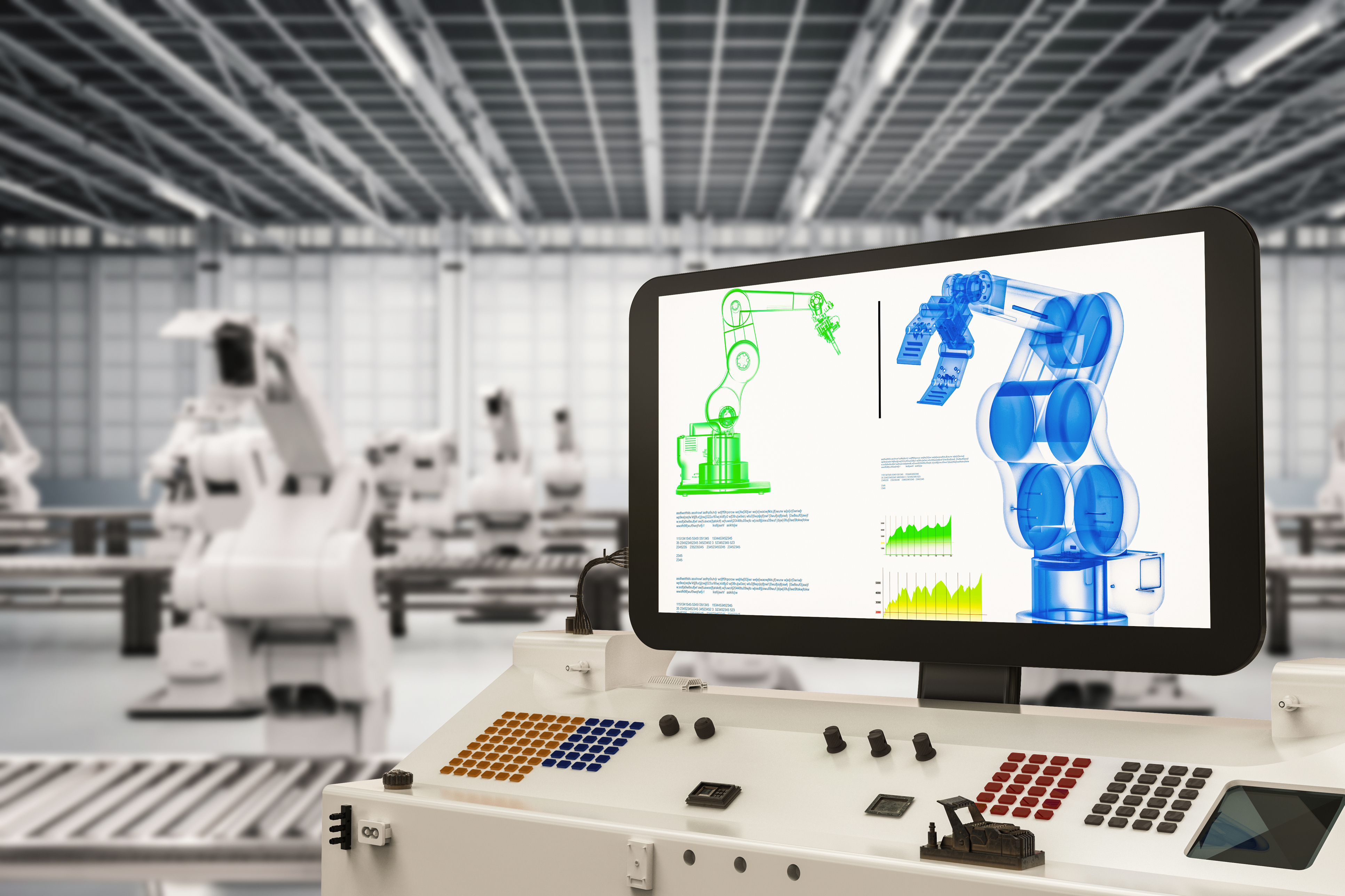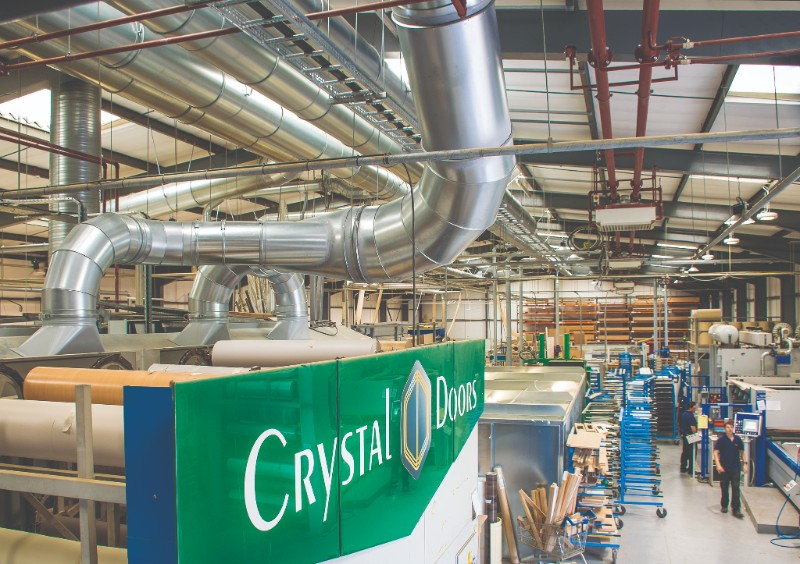Artificial Intelligence (it’s not all talking robots)
11 December 2018
Last year UK government launched its modern Industrial Strategy. The aim: to build an economy fit for the future and become a world leader in the industries that will define it.
In a series of blogs, Anne Campion, Manufacturing Lead at the GC Business Growth Hub, will explore each of the four Grand Challenges identified in the strategy and consider how SME manufacturers can embrace the exciting opportunities ahead. Here, she unpacks the Artificial Intelligence and Data Challenge.
Welcome to the future
“Embedding AI across the UK will create thousands of good quality jobs and drive economic growth. By one estimate, AI could add £232 billion to the UK economy by 2030.”
Industrial Strategy
Everyone has heard of Artificial Intelligence (AI) in one form or another, but we’re more accustomed to it in sci-fi films than on the manufacturing floor. Self-learning machines that can perform complex tasks by thinking like a human…It’s hard to know where to start for the average manufacturer. Instead of getting wrapped up in a universe far, far away, it’s perhaps more helpful to start with the concept of ‘digitalisation’.
We live in a world that is increasingly full of data, and leveraging that data to improve performance requires a digital transformation in the way we do business. The government has set out a mission to put the UK at the forefront of what it calls the “AI and data revolution”, with that sci-fi world of AI just the end-destination. The journey is one of digitalisation.
The opportunities are vast, especially in manufacturing. By employing the power of digital technology to automate processes, analyse data and connect machines to one another to solve problems, manufacturers can unlock a huge array of benefits - from identifying ‘golden moments’ on the production line where small changes could boost productivity, to being able to react in real-time to customer demands or predict maintenance issues. In fact, we are still only scratching the surface of what digital technologies and AI might help us achieve.


It’s not just for the big boys
When we think of AI, it’s natural for our minds to wander to cutting-edge robotics and huge supercomputers. These things are certainly part of the equation - there are already examples in the North West of factories where ‘collaborative robots’ work alongside human counterparts. But there are simpler, low-risk applications too that are accessible for businesses of all sizes, starting with basic digital technologies like sensors to gather data.
Tony Bannan, Chief Executive of special-purpose machine tools and components manufacturer Precision Technologies Group (PTG) and one of our Manufacturing Champions, has been implementing this thinking for more than 20 years:
“Accurate data is vital for a manufacturing firm, and provides truth about why the business, and its processes, are performing as they are. I suggest breaking everything down into small parts and keep moving forward one step at a time. Select a key process, start gathering data and set benchmarks. Set a new challenge each quarter, present the results and bring people with you.”
“Most of the technologies we call ‘AI’ or ‘Industry 4.0’ have actually been around a long time. For example, even as far back as 1998 at Holroyd (part of PTG) we already had machines networked via modems, in some of the most remote parts of the world, enabling us to monitor and perform diagnostics from our UK facility.
“Things have improved dramatically - now we have things like real-time monitoring on our machinery which predicts potential problems and takes action autonomously, such as making adjustments as tooling degrades or heats up.”
Help is at hand
Luckily for our region, plenty of support is available. Here at GC Business Growth Hub we have the ability to connect manufacturers with specialist advisors in both our manufacturing and digital teams, making us the perfect resource to call upon. There’s no need to run before you can walk; our advisors can help you identify where to start and map out a step-by-step journey to digitalising your business. As Tony says, start small and keep moving.
Our most exciting piece of news is that we’re now leading the delivery of a £20 million Made Smarter pilot for the North West, which will help up to 3,000 SME manufacturers implement digital technologies in their processes and supply chains.
Eligible companies will get access to funded support and advice on how to get started with a range of technologies, such as robotics, artificial intelligence, 3D printing and the Internet of Things.
One of the many manufacturers we’ve already helped to date, Crystal Doors in Rochdale, was at the Made Smarter North West launch event in November. Director Richard Hagan said:
“When people visit our facility and see the level of automation we utilise, and the precision technology which we apply to production, they are genuinely stunned. I would encourage any manufacturer in the region, from any sub-sector, to explore how an initiative like Made Smarter North West could change the way they work.”
Visit www.madesmarter.uk for more information. All those in favour, say AI!
